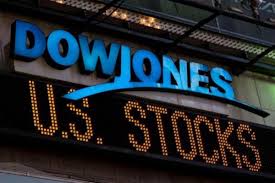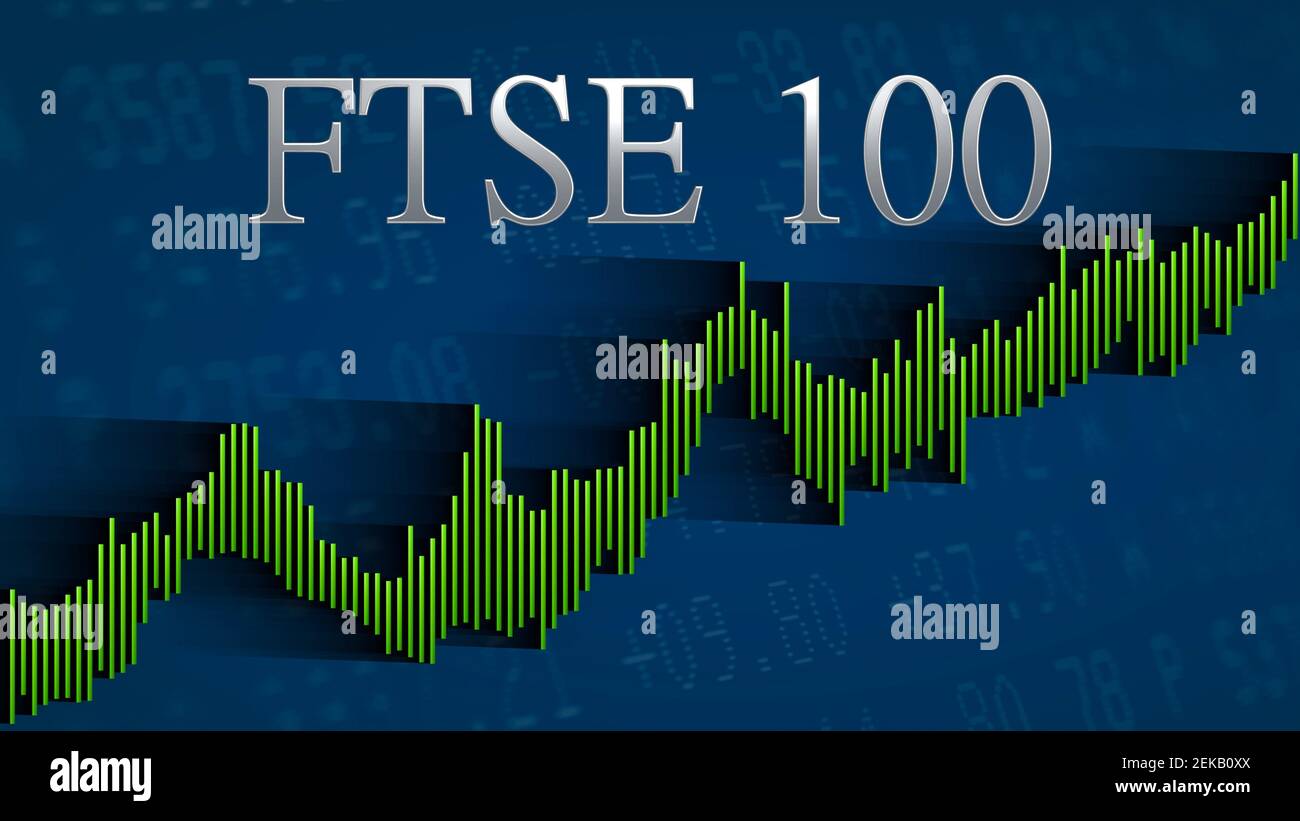
U.S. major stock indexes posted further declines in the latest session, reflecting a combination of political tensions and notable corporate developments.
The Dow Jones fell toward the 46,800-point region, while the S&P 500 moved closer to 6,720 points. Meanwhile, the tech-heavy Nasdaq dropped to around 25,100, signaling a more pronounced pullback among growth-oriented companies. Market sentiment remained fragile as investors continued to seek clear signals on the economic and regulatory outlook in the United States.
One of the key factors influencing market sentiment was the Supreme Court hearing related to tariffs imposed during former President Donald Trump’s administration. Justices examined whether the White House had the authority to invoke the 1977 International Emergency Economic Powers Act to justify tariffs on imported goods. The debate raises the possibility of redefining the scope of executive power over trade policy, with potential implications for future negotiations with China and the configuration of global supply chains.
This uncertainty around trade policy arrives at a sensitive moment for the global economy, where international trade remains fundamental to the stability of strategic sectors such as technology, automotive manufacturing, and advanced industrial production. A decision that either restricts or expands presidential powers could shift expectations regarding import costs, competitiveness, and capital flows. Markets reacted cautiously, interpreting the legal proceedings as an additional short-term risk factor.
Meanwhile, corporate earnings season continued to capture attention. In the technology sector, Qualcomm shares declined after the company indicated it may see reduced order volume from Samsung, despite reporting strong quarterly results. The warning sparked concern about reliance on large strategic partners in the semiconductor industry, particularly amid intensifying competition in high-performance chip development.
In contrast, Arm Holdings surged, supported by favorable financial projections and growing momentum in artificial intelligence-related solutions. The company has benefited from global demand for low-power chip architectures suitable for both devices and data centers. This resilience highlights the perception that companies closely linked to digital infrastructure continue to experience sustained demand even during periods of volatility.
Upward moves were also seen in Snap, Lyft, Moderna, and Datadog, all of which exceeded market expectations in their quarterly reports. Conversely, Warner Bros. Discovery came under pressure due to lower-than-expected revenue in its television and streaming divisions, areas currently undergoing major restructuring amid platform saturation and rising production costs.
Additionally, reports indicated that SoftBank has considered acquiring Marvell Technology to merge it with Arm, a move that could strengthen its positioning in advanced semiconductors. At the same time, investors kept a close eye on Tesla’s shareholder vote regarding Elon Musk’s compensation package, a matter with implications for corporate governance and the company’s long-term strategic direction.
In conclusion, U.S. markets are navigating a period of adjustment marked by political tensions, shifting regulatory frameworks, and a corporate earnings season characterized by significant disparities. The evolution of the tariff debate and executive authority, along with mixed signals from the tech sector, will continue to shape market sentiment in upcoming sessions. Uncertainty remains elevated, but sectors tied to innovation and digital transformation continue to demonstrate resilience amid global structural change.













